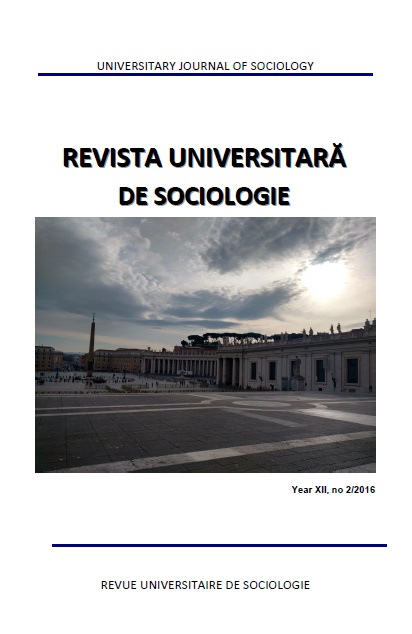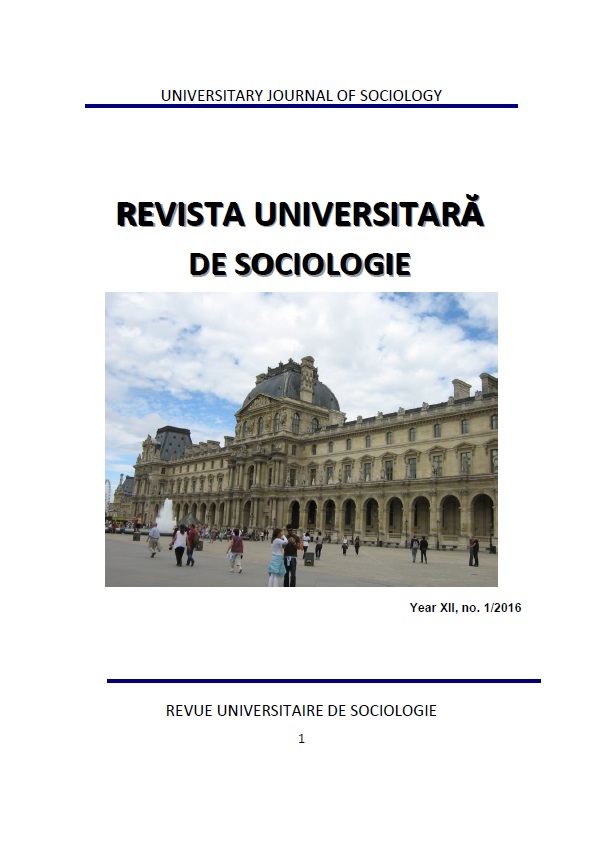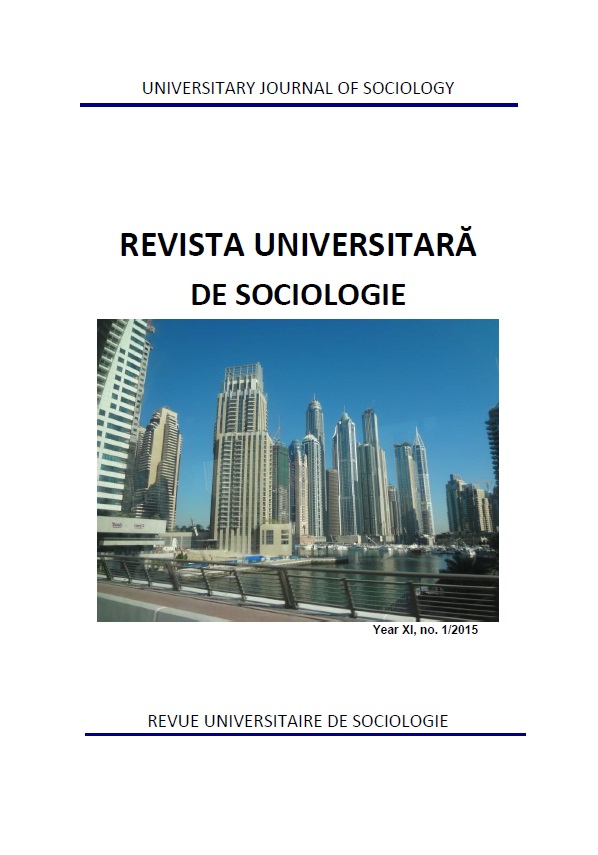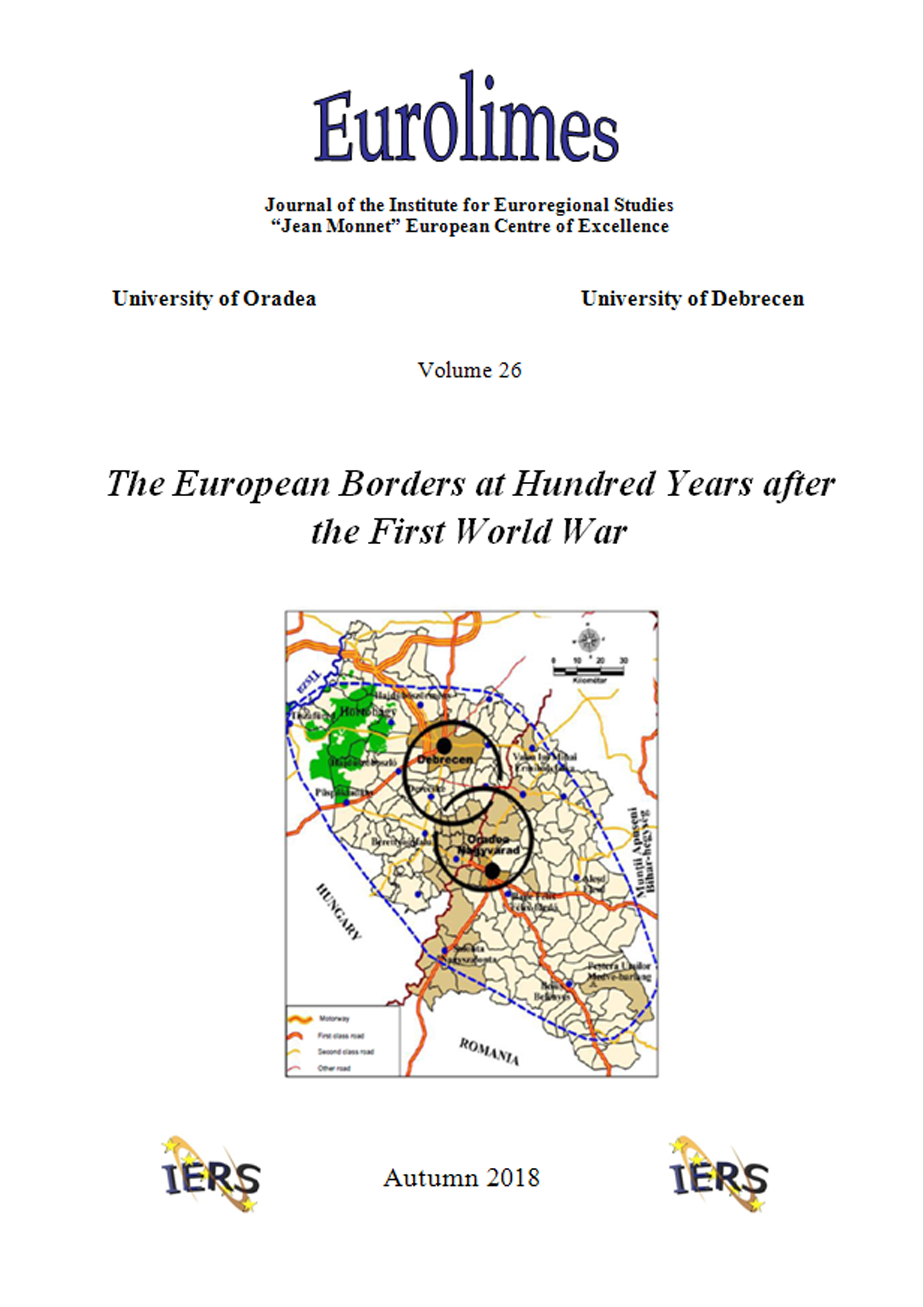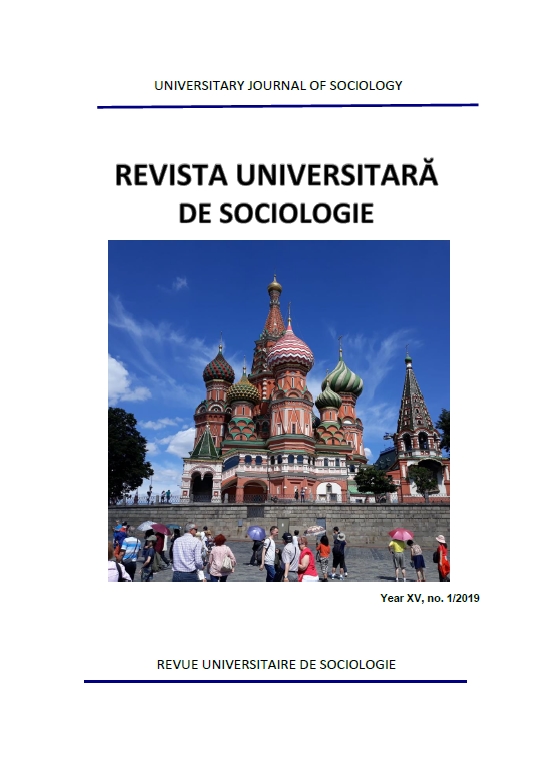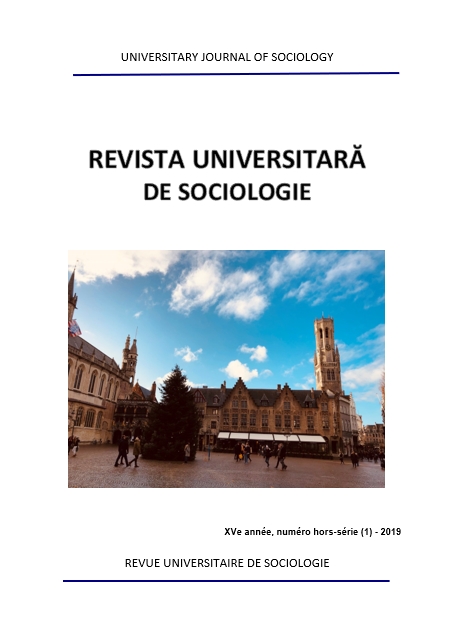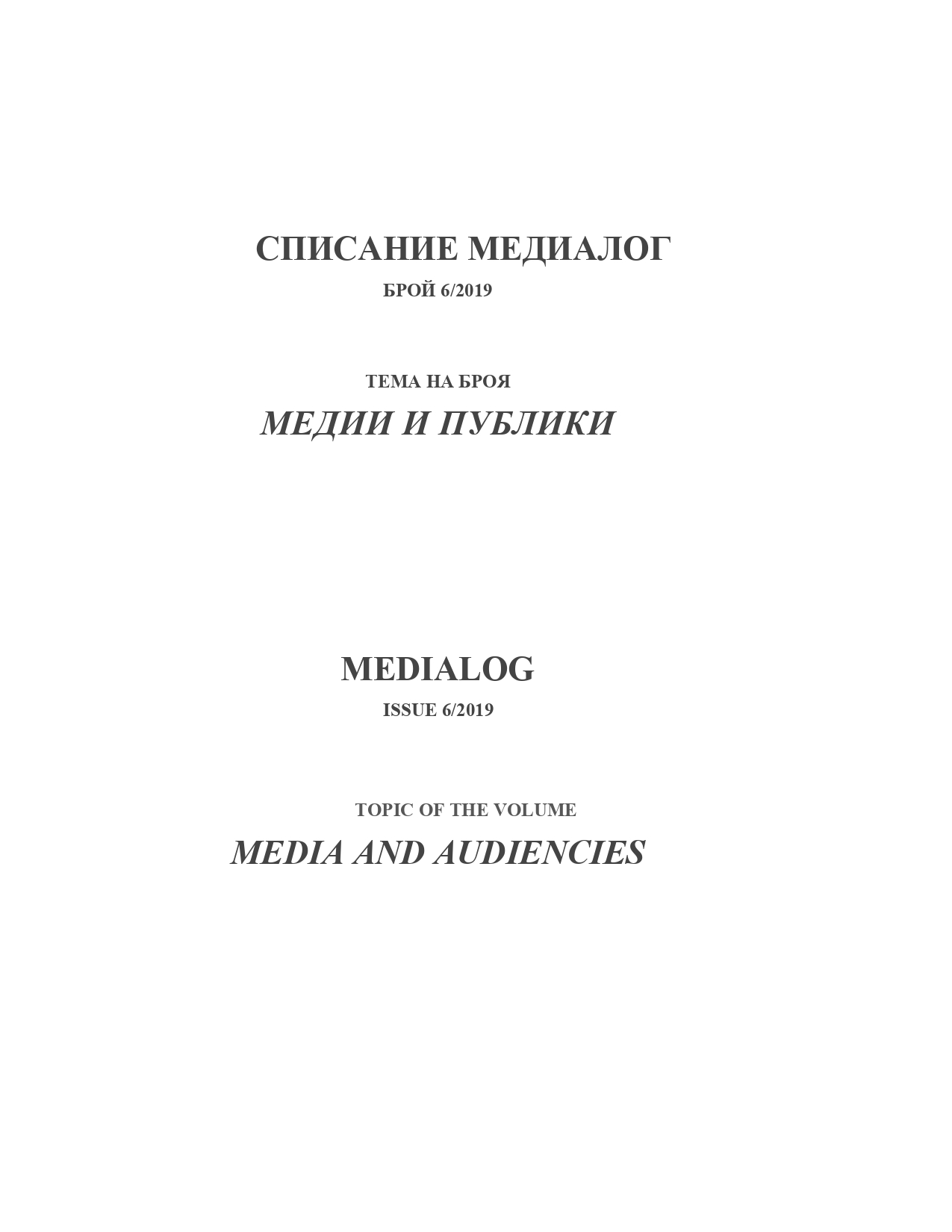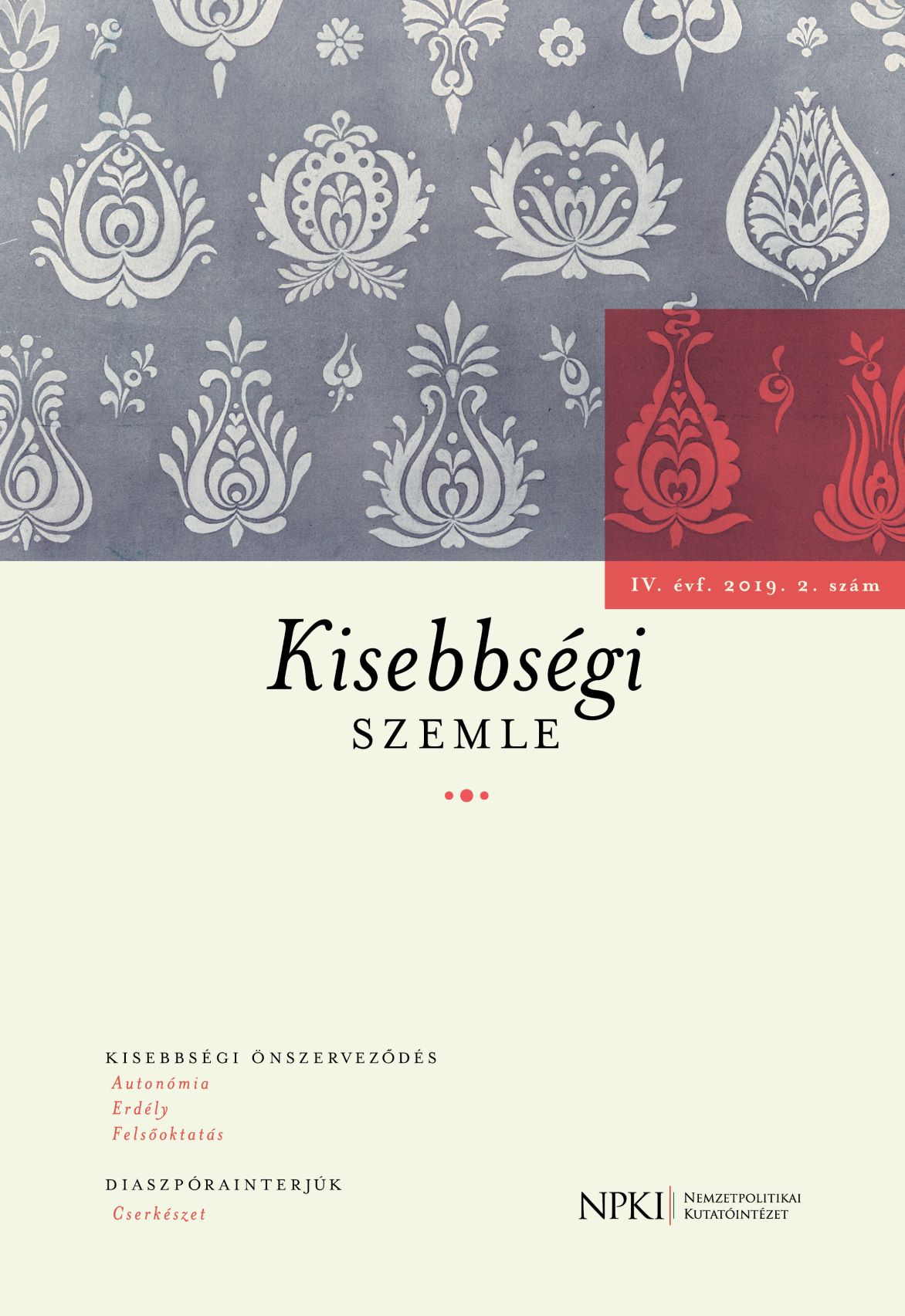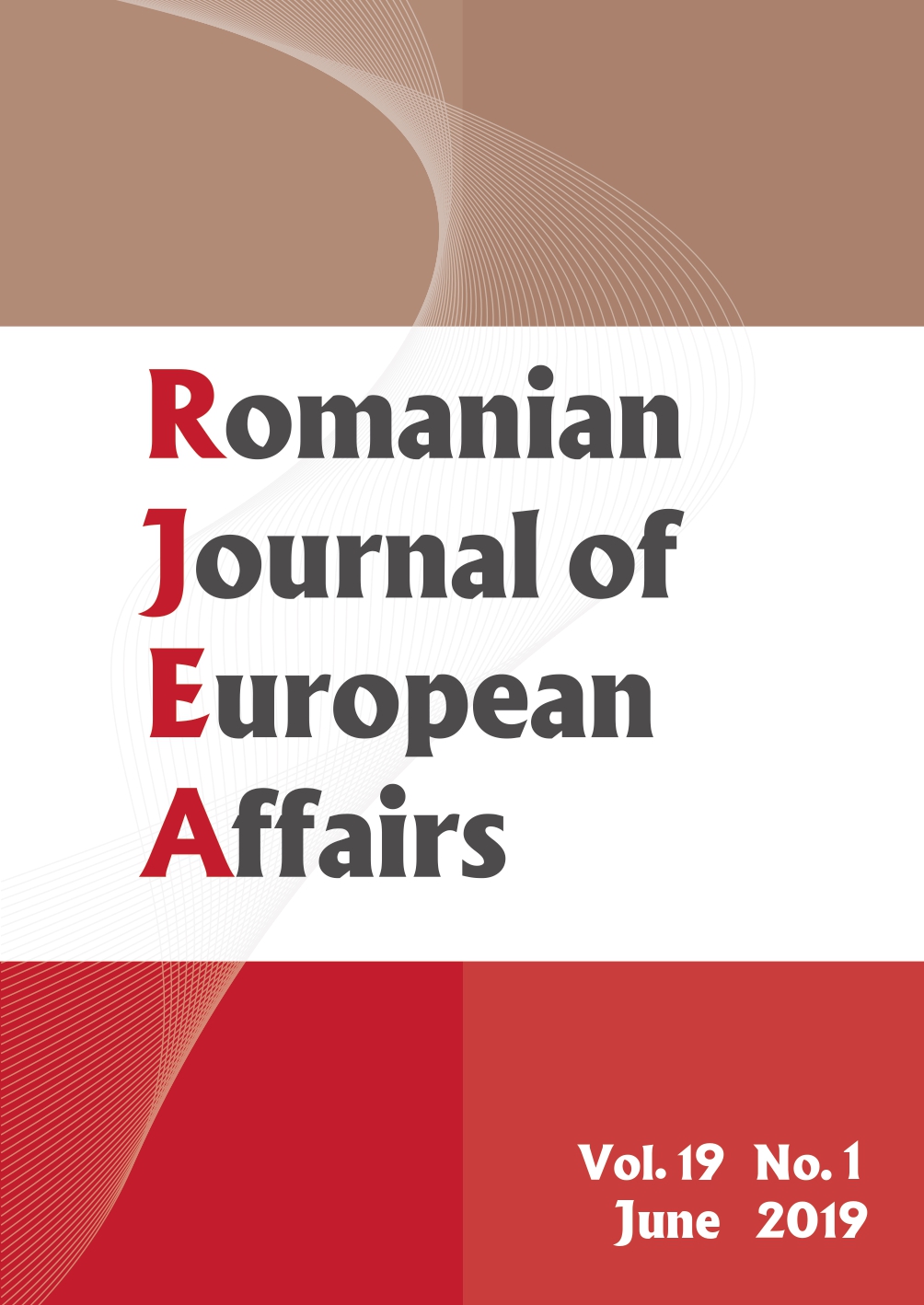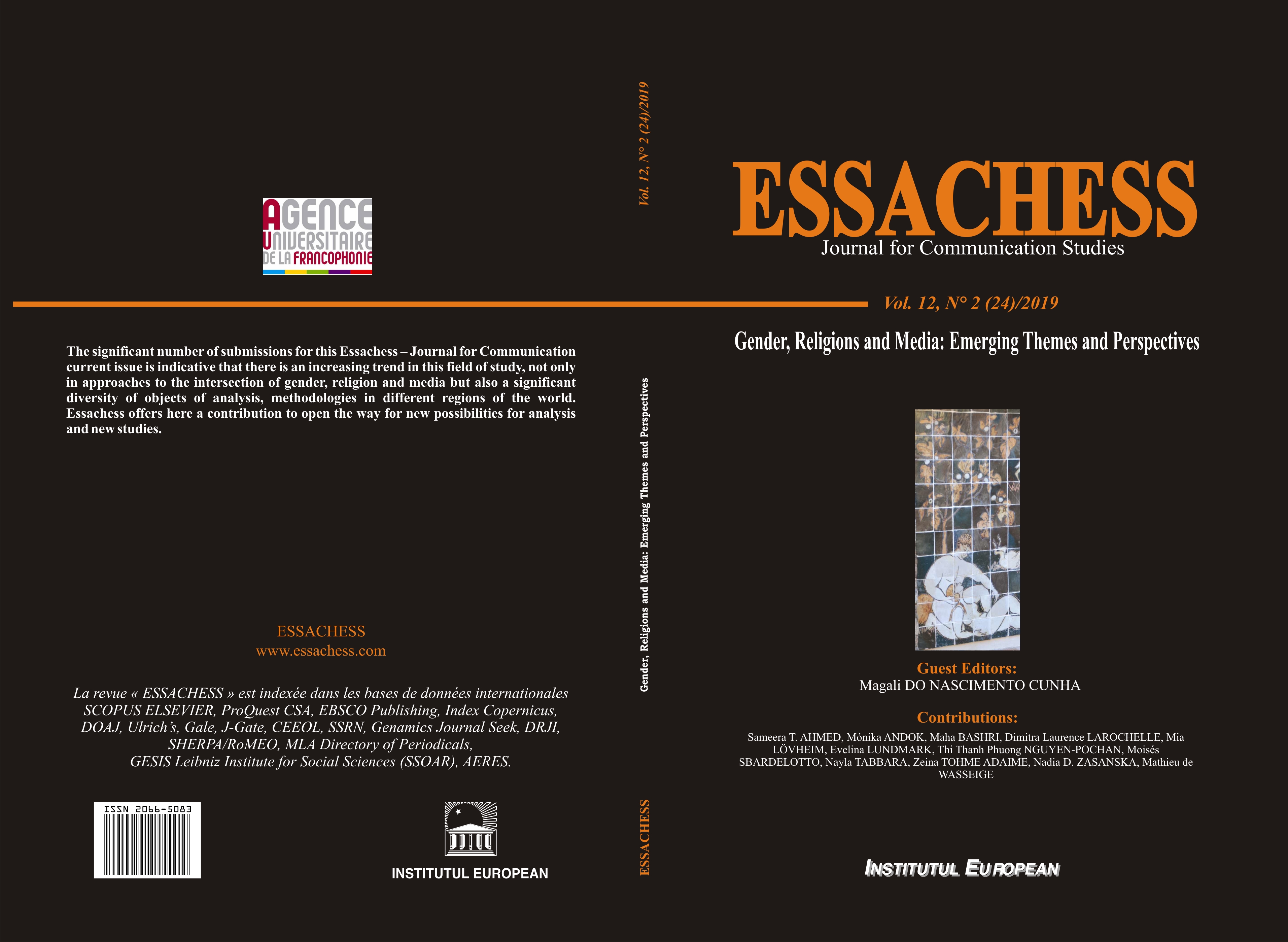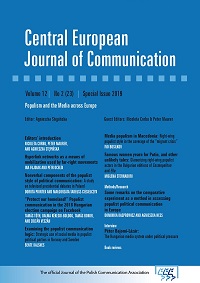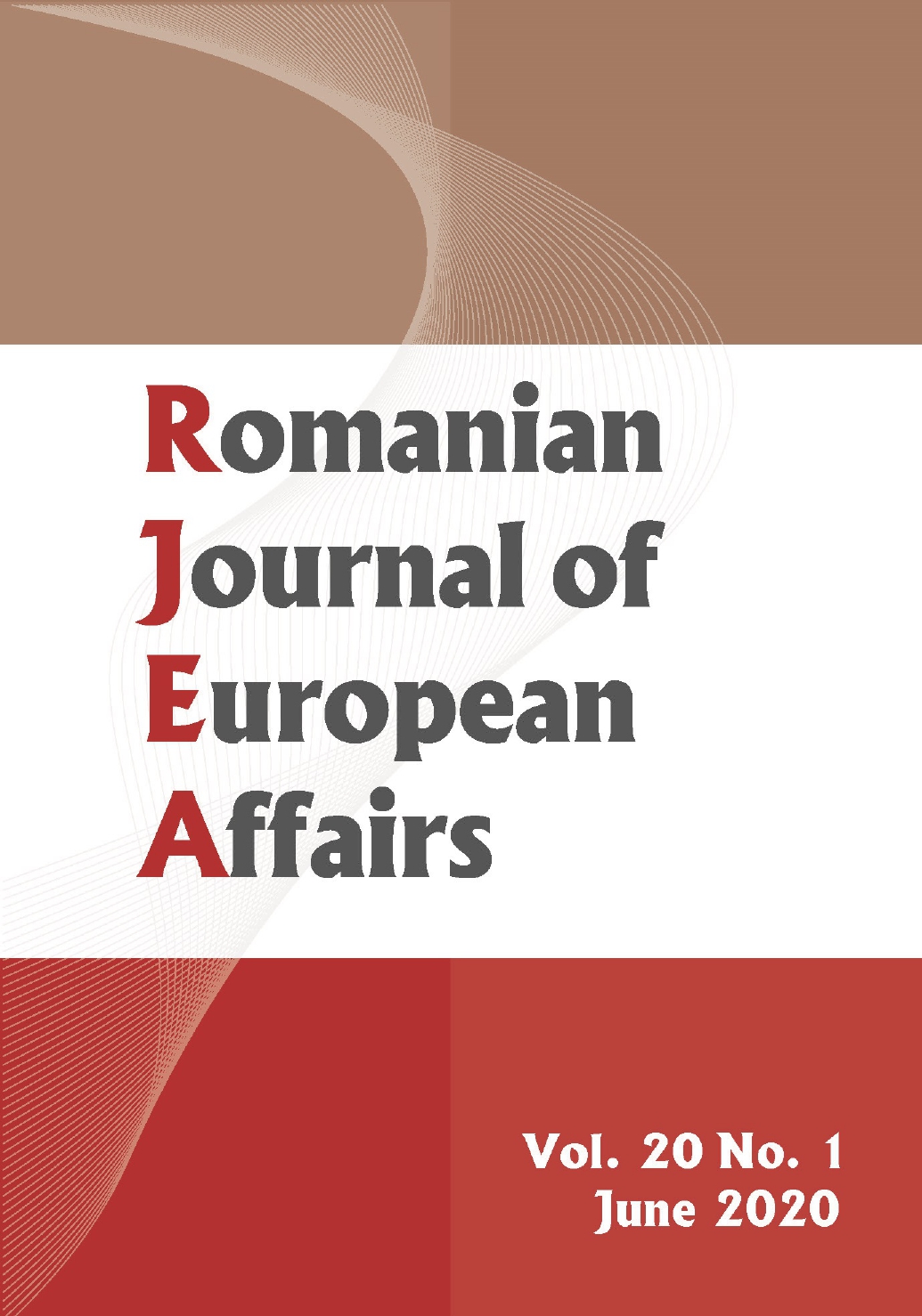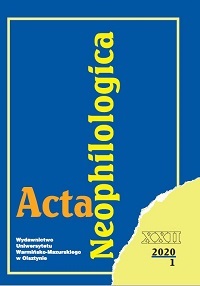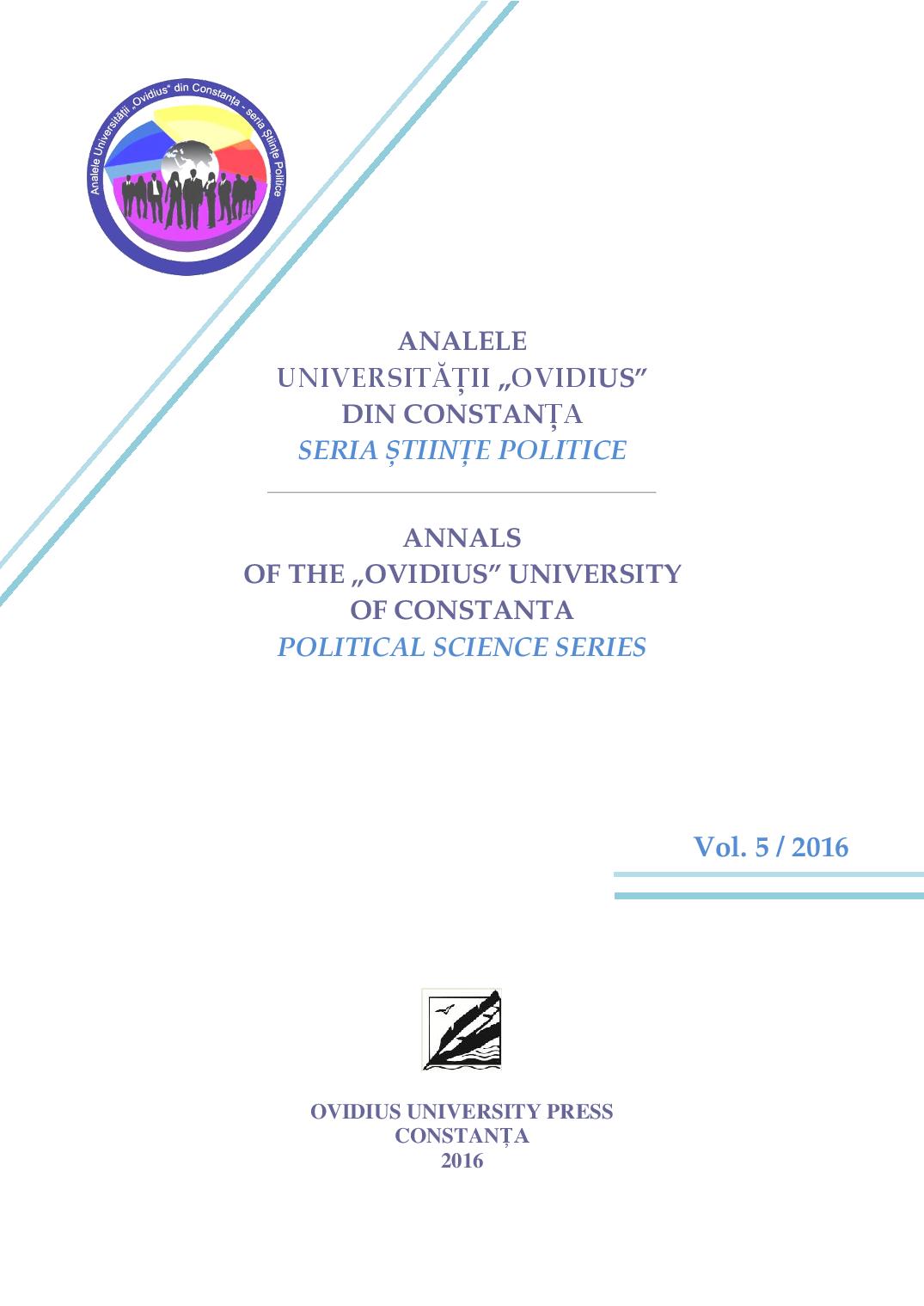
The Hate Speech in the Communist Press
For the press in Romania, the communist period represented an almost perfect homogenization of ideas, an annihilation of all that used to be plural opinions, debates, and genuine communication. Thus, the totalitarian regime determined the sorrowful direction of the press which was actually influenced by the interests and doctrine of state policy. Therefore, the press abdicated from one of its main objectives – to inform correctly and according to reality. The paper deals with the hate speech in the Romanian communist press by arguing that in a totalitarian system, no other power, except the political one, manages to transform the speech so much, as to make it into a tool of persuasion and propaganda. The sample of texts published by Scînteia, the communist state official newspaper, shows that, actually, power was able to influence and even transform the press speech, through hate, which proved to be a more powerful tool in the collective mentality than the political factor itself. The feeling of hate towards the people they used to call “class enemies” was systematically induced in individuals, on a large scale, through adapted, repetitive, and even obssessive speech. Unlike other states of mind and feelings, hate could be insinuated freely at the level of press speech; for fear of loosing something, anything, proletarians constantly found reasons to feed and emphasize hate against capitalists, the middle class, and the imperialists. After more than two decades since the fall of the totalitarian regime, the examination of the hate speech in the communist press represents a an opportunity to study and mostly to understand the past at an identitary level, beyond the historical events.
More...
